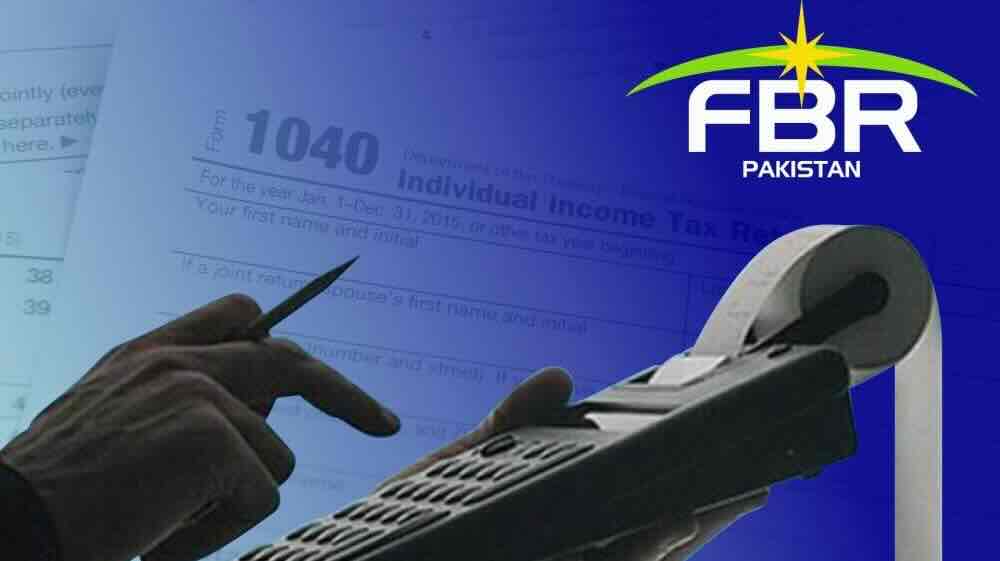Business leaders in Pakistan under the banner of the Pakistan Industrial and Traders Associations Front have sounded warnings that recent tax authority measures are threatening the health of commerce across the country These leaders say that the Federal Board of Revenue is taking actions that feel unfairly aggressive including frequent tax notices abrupt audits and policies that penalize honest business practices
Members of the business community say that many traders are facing tax notices that demand payments without proper explanation or prior warning Small and medium enterprises in particular are suffering because they operate with tight margins and cannot absorb sudden financial burdens imposed by unexpected tax demands Many fear that these actions will discourage investment, slow down production and erode confidence among entrepreneurs
One major concern is unpredictability Traders complain that tax rules are changing often and are being applied inconsistently In many cases tax officers conduct audits or issue notices with little transparency about how tax law is being interpreted or enforced This unpredictability makes it hard for businesses to plan their investments or maintain stable operations
Another issue raised by PIAF is that compliance burdens have grown heavily The process of filling tax returns, keeping documentation, undergoing audits and responding to notices is demanding time, money and human resources Businesses say that while they accept taxation is necessary, it must be fair, clear and manageable such that legitimate commerce is not punished
There is also concern about penalties that result from technical non-conformances rather than deliberate wrongdoing For example some businesses are penalized for sourcing from suppliers who lack certain registrations or tax identifiers even though those suppliers are part of informal local supply chains This kind of blanket punishment is being seen as discouraging legal documentation rather than promoting it
PIAF leaders are calling for reforms including more consultations with business stakeholders before rolling out major tax laws Greater transparency is requested in how notices are issued audits conducted and penalties assigned They demand that penalties be proportionate and that businesses be given chance to remedy non-compliance before harsh action is taken
Trade bodies are also asking for assurance that small and medium sized businesses will not be disproportionately affected In many cases these businesses are less able than large companies to mobilize legal advice, maintain complex compliance systems or weather financial shocks caused by surprise tax demands
If these concerns are not addressed business community fears that the overall economic environment will suffer Confidence could decline, investments may be deferred, and businesses may move to informal or non-documented operations to avoid regulatory risk This could reduce tax revenues in the long run and harm Pakistan’s competitiveness
Business representatives say they remain open to dialogue with the FBR and government First step should be establishing a clear roadmap that addresses the key pain points of business community including timely issuance of tax laws, simplification of tax requirements, fair dispute resolution, and protection for businesses acting in good faith
Pakistan’s economic revival depends on creating a business environment where regulatory certainty, trust and fairness guide tax policy Only then will the private sector be confident to invest, expand and create jobs.



Comments (0)
No comments yet. Be the first to comment!
Leave a Comment